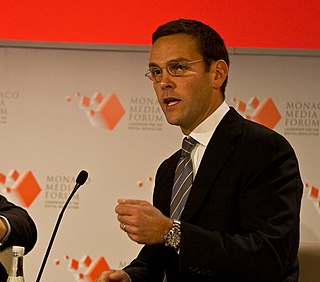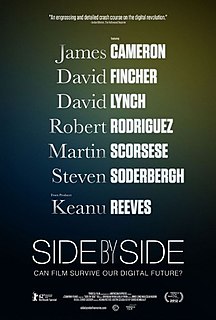A Quote by Clay Shirky
Communications tools don't get socially interesting until they get technologically boring... It's when a technology becomes normal, then ubiquitous, and finally so pervasive as to be invisible, that the really profound changes happen.
Related Quotes
No matter how revolutionary something is, if you keep doing it over and over and over then it does loses it's excitement and it's high dynamics and people get used to ... get used to it like anything else you know um and then it just becomes a normal deal and then it becomes not very interesting at all.
One of the things I have taken for granted, in terms of how technology works in the world, is the people that develop it and get it out there don't really know what we are going to do with until we have really gotten ahold of it and it has become ubiquitous. And then we wind up doing things that its inventors never dreamed of and those things become the real change drivers. That is actually where the whole technocracy thing falls apart for me, because the people who invented it can't predict what we're going to do with it.
People think, "Oh my god, you've been doing this job for so many years, it must get boring." It's like, "No, hell no," because I get to sing, I get to dance, I get to be on TV and in films, I get to do merchandising, licensing, show up at conventions, write, or take photographs for my book. There are so many different things going on for me that it never gets boring. It's always fun and interesting.
Newspapers are technologically obsolete. In the days of instant electronic communications, its crazy to have to print these newspapers at a central plant and deliver them by truck. They're the biggest problem with our solid-waste disposal. And the news you get is a day old. You can get it off the Internet instantaneously for a fraction of the cost.
My belief is that if you grapple with the big changes until you really get them and if you develop an internal compass to steer your marketing and communications, you will be working in a discipline that is more exciting, more intellectually rich, more delightfully complex and ultimately more rewarding than it has ever been.
I always think it's interesting to switch genres, because if I read a script and I know exactly how to manifest a story, I don't really want to do it anymore, because I've already done it in my head. It becomes less interesting. If I read something that's challenging, I get really passionate and usually fall in love with it, because I feel I need to do it. I need to tell the story; I need to find a way to make it happen.
We have always dovetailed our cognition to our tools, but when our tools start dovetailing back, where do I end and where does the tool begin? It is going to be a really Twilight Zonish situation. It is definitely interesting. Once Google is in a blood cell sized device in our brain, do we become part Google? There are certainly interesting things to think about and provocative questions, but I don't think those provocative questions are going to do anything to slow down the onset of these technologies arriving and becoming even more pervasive.



































